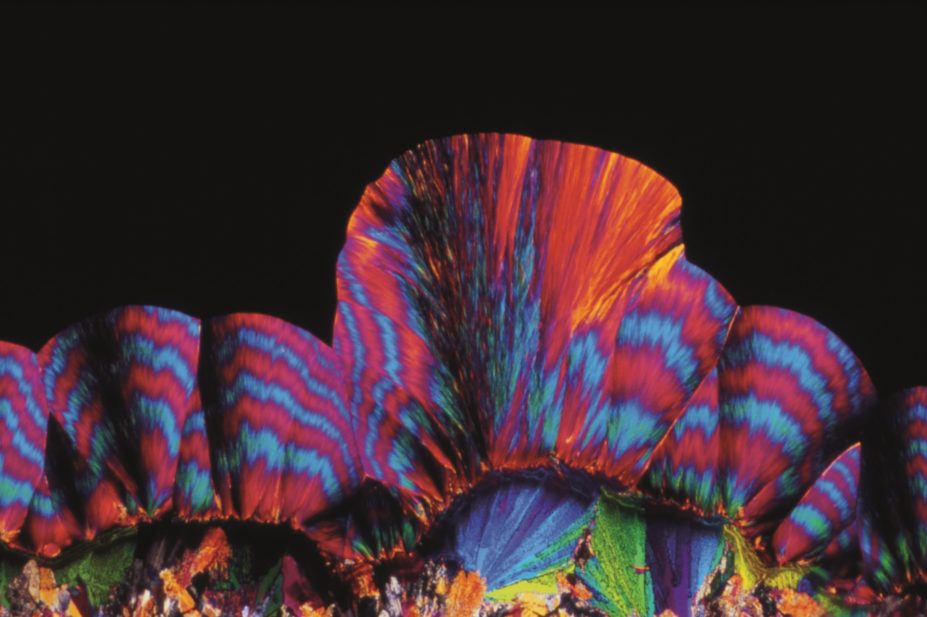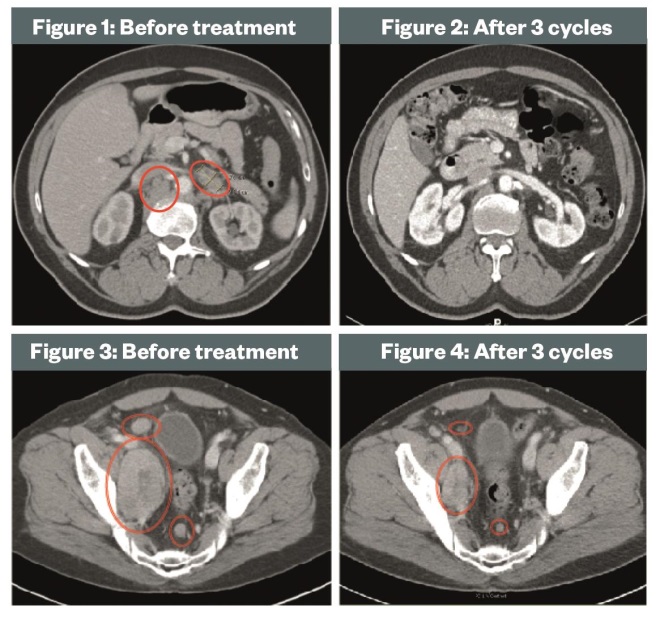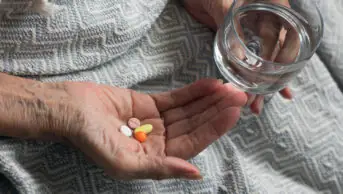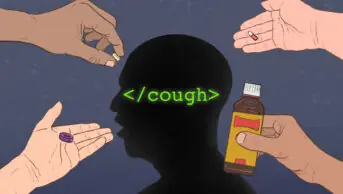
Sidney Moulds / Science Photo Library
Bursts of testosterone can curb prostate cancer that has spread to other parts of the body, according to the results of a small clinical trial.
The treatment exposes tumour cells to several cycles of high and low concentrations of testosterone, and was effective in patients who had become resistant to other hormone therapies.
Most prostate cancers are successfully treated by radiotherapy or surgical removal of the prostate gland. But if the cancer has spread to lymph nodes or bones, patients often need secondary treatment with drugs that inhibit tumour cells by reducing testosterone levels in the body.
Testosterone typically stimulates the tumour cells’ growth when it binds to androgen receptors on their surface, so limiting the testosterone supply can shrink prostate cancers. But some tumour cells can adapt to lower levels of testosterone by making more androgen receptors, and all men undergoing so-called androgen deprivation therapy (ADT) eventually develop this form of resistance.
A clinical trial, published in Science Translational Medicine
[1]
on 7 January 2015, now shows that those resistant tumour cells, bristling with androgen receptors, can be killed by high doses of testosterone. “They overdose on what they want,” says Samuel Denmeade, an oncologist at Johns Hopkins University, Baltimore, who worked on the trial.
Each patient in the trial was injected with 400mg of testosterone cypionate, which gave the tumours a sudden jolt of the hormone. They also took drugs to suppress their bodies’ own testosterone production, so that levels of the hormone declined to very low levels after 28 days, before getting the next injection. A total of 14 men completed at least three cycles of the regimen, which the researchers call bipolar androgen therapy. At that point, half of the men showed a decline in prostate-specific antigen (PSA), which is a biomarker of prostate cancer growth. Computed tomography scans confirmed that tumours had shrunk or even disappeared in some of the patients (see image).

Source: Michael Schweizer and Samuel Denmeade
CT scans show that tumours (figure 1 and figure 3) either shrank (figure 4) or completely disappeared (figure 2) in patients receiving three cycles of the testosterone treatment.
The trial builds on a long history of laboratory work on prostate cancer cells showing similar effects, says Peter Nelson, an oncologist at the University of Washington, Seattle, who was not involved in the study. The testosterone top-ups provided by bipolar androgen therapy can also alleviate some of the side effects of long-term ADT, such as loss of libido, he adds. “The patients often feel much better,” he says.
Four of the men in the trial went on to have more than a dozen cycles of treatment, and maintained their progress. But even those men who went back to the ADT regime continued to improve, suggesting that the bipolar regime had somehow overcome the tumour cells’ resistance and made them vulnerable to low testosterone levels again. “It was almost like we were able to reboot the cancer,” says Denmeade, who is already leading a further clinical study to investigate the effect in more detail. His team has also won a US$5m grant from the US Department of Defense to run a 200 patient trial of bipolar androgen therapy, which should begin in spring 2015.
Denmeade emphasises that the treatment would only be suitable for men who had already undergone ADT, and likely had resistant tumour cells rich in androgen receptors. In men who had not been through ADT, the testosterone injections might actually trigger tumour growth, he warns. “The key is identifying the right men who would benefit from the therapy,” agrees Nelson, “and a larger trial might be able to do that.”


